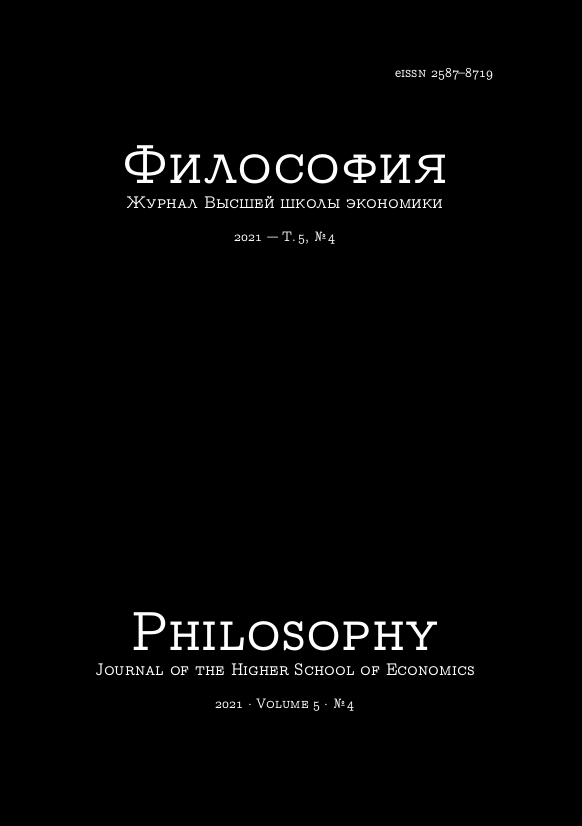Нормативная модель политически нейтральной экспертизы
Аннотация
Расширение взаимодействия науки и политики подталкивает к осмыслению угрозы политизации науки. В данной статье политизация рассматривается как угроза политического контроля над экспертной деятельностью ученых. Автор считает, что эта угроза может быть нейтрализована, и предлагает нормативную модель экспертизы, которая учитывает риск политизации науки. По мнению автора, сохранение «твердого ядра» научной рациональности в рамках экспертной деятельности возможно, если участие ученых ограничивается «технической» фазой экспертизы (агрегацией научного консенсуса по проблеме). В свою очередь, решение о соответствии предлагаемых стратегий политическим интересам общества принимается на уровне открытой дискуссии. Особенность этой стадии заключается в том, что научные аргументы здесь должны рассматриваться наряду с иными значимыми соображениями, которые выражают те, чьи интересы может затронуть предложенная экспертами стратегия. Несмотря на возможный риск популизма, это условие кажется автору обязательной предпосылкой политической нейтральности экспертной деятельности ученых. Экспертиза, таким образом, ориентирована не только на решение практических задач, но и на создание площадки для публичной дискуссии. Разведение двух уровней экспертизы имеет следующие преимущества: (1) позволяет минимизировать моральное и политическое давление на экспертов; (2) дает возможность вовлечь в экспертное обсуждение все заинтересованные стороны, препятствуя тем самым «приватизации» публичной сферы; (3) позволяет агрегировать распределенное знание; (4) дает возможность для дистрибуции ответственности среди более широкого круга участников, поддерживая тем самым демократический дух в сообществе.
Скачивания
Copyright (c) 2021 Философия. Журнал Высшей школы экономики

Это произведение доступно по лицензии Creative Commons «Attribution-NonCommercial» («Атрибуция — Некоммерческое использование») 4.0 Всемирная.






